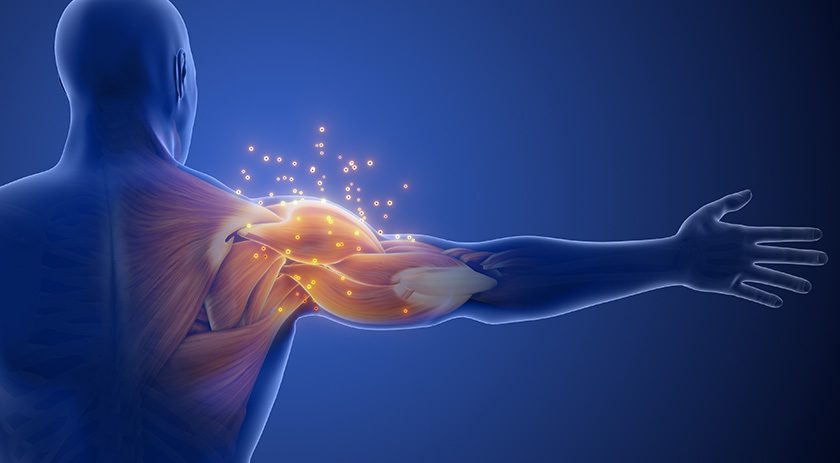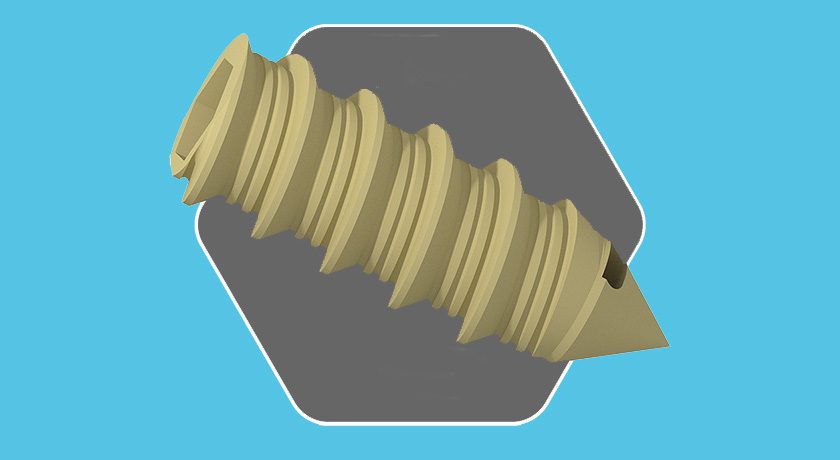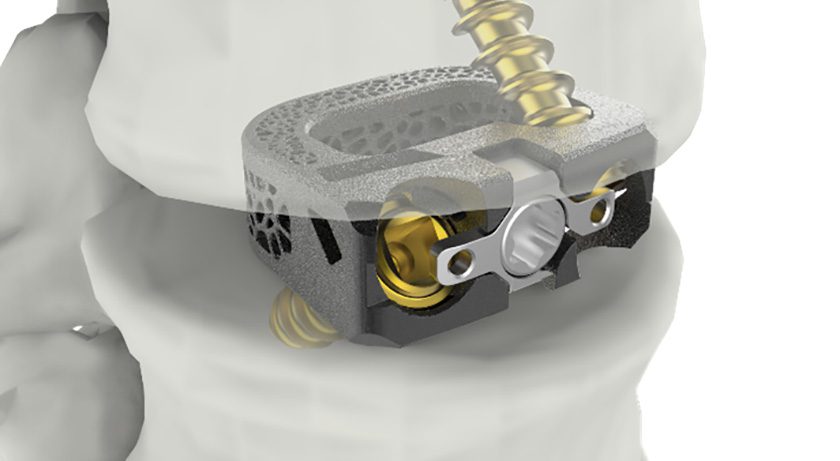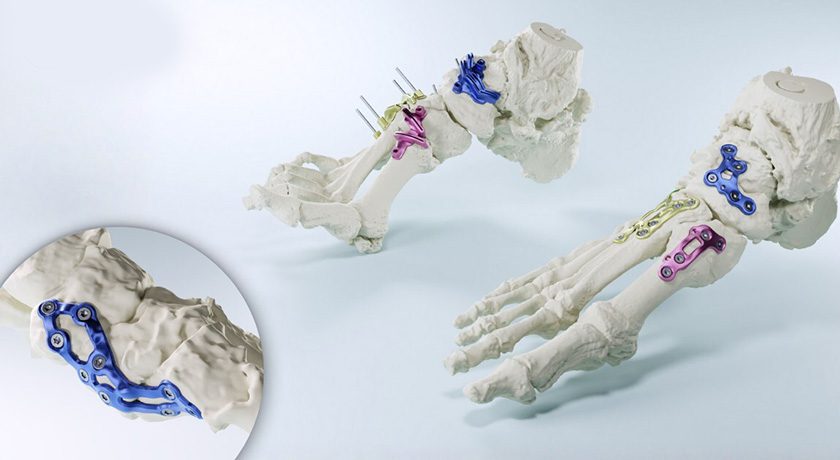

 Copy to clipboard
Copy to clipboard 
Zimmer Biomet received Japan’s Pharmaceutical and Medical Devices Agency approval for the iTaperloc Complete and iG7 Hip System, the world’s first approved orthopedic implants with Iodine Technology that inhibits bacterial adhesion on the implant surface.
Implant-associated bacterial infection or Periprosthetic Joint Infection (PJI) remains one of the most common causes of revision and a challenging complication of total joint arthroplasty (TJA). PJI is estimated to occur in 1-2% of primary TJA procedures and can have serious consequences. In fact, the mortality rate associated with PJI approaches the 5-year mortality observed in breast cancer (11%) and far exceeds that of prostate cancer (1%).
iTaperloc and iG7 combine the clinical heritage of the Taperloc Complete Hip System and the efficiency and performance of the G7 Acetabular System with Iodine Technology. Iodine is a biocompatible, essential body nutrient that does not cause antibiotic resistance and is commonly used in medicine as an antiseptic. Iodine Technology applies iodine to the implant’s surface during the manufacturing process to inhibit biofilm formation.
“Iodine Technology represents a significant advancement in orthopedic implant design,” said Professor Hiroyuki Tsuchiya, Director at Yokohama Sakae Kyosai Hospital and Emeritus Professor of Orthopedic Surgery at Kanazawa University. Prof. Tsuchiya, who developed the technology, explained: “By integrating a controlled-release iodine layer through advanced anodization and electrophoresis, we created an implant that inhibits bacterial adhesion and biofilm formation during the postoperative period. This innovation combines simplicity and sophistication to help address the issue of PJI after total joint replacement.”
“The earlier-than-expected approval of iTaperloc Complete and iG7 Hip System in Japan further strengthens Zimmer Biomet’s comprehensive portfolio of infection management solutions, which spans prevention, detection, primary and revision products,” said Ivan Tornos, Chairman, President & CEO, Zimmer Biomet. “By equipping surgeons with advanced tools to identify and address infection risks throughout the continuum of care, we’re helping drive safer surgical outcomes.”
Source: Zimmer Biomet
Zimmer Biomet received Japan's Pharmaceutical and Medical Devices Agency approval for the iTaperloc Complete and iG7 Hip System, the world's first approved orthopedic implants with Iodine Technology that inhibits bacterial adhesion on the implant surface.
Implant-associated bacterial infection or Periprosthetic Joint Infection (PJI) remains...
Zimmer Biomet received Japan’s Pharmaceutical and Medical Devices Agency approval for the iTaperloc Complete and iG7 Hip System, the world’s first approved orthopedic implants with Iodine Technology that inhibits bacterial adhesion on the implant surface.
Implant-associated bacterial infection or Periprosthetic Joint Infection (PJI) remains one of the most common causes of revision and a challenging complication of total joint arthroplasty (TJA). PJI is estimated to occur in 1-2% of primary TJA procedures and can have serious consequences. In fact, the mortality rate associated with PJI approaches the 5-year mortality observed in breast cancer (11%) and far exceeds that of prostate cancer (1%).
iTaperloc and iG7 combine the clinical heritage of the Taperloc Complete Hip System and the efficiency and performance of the G7 Acetabular System with Iodine Technology. Iodine is a biocompatible, essential body nutrient that does not cause antibiotic resistance and is commonly used in medicine as an antiseptic. Iodine Technology applies iodine to the implant’s surface during the manufacturing process to inhibit biofilm formation.
“Iodine Technology represents a significant advancement in orthopedic implant design,” said Professor Hiroyuki Tsuchiya, Director at Yokohama Sakae Kyosai Hospital and Emeritus Professor of Orthopedic Surgery at Kanazawa University. Prof. Tsuchiya, who developed the technology, explained: “By integrating a controlled-release iodine layer through advanced anodization and electrophoresis, we created an implant that inhibits bacterial adhesion and biofilm formation during the postoperative period. This innovation combines simplicity and sophistication to help address the issue of PJI after total joint replacement.”
“The earlier-than-expected approval of iTaperloc Complete and iG7 Hip System in Japan further strengthens Zimmer Biomet’s comprehensive portfolio of infection management solutions, which spans prevention, detection, primary and revision products,” said Ivan Tornos, Chairman, President & CEO, Zimmer Biomet. “By equipping surgeons with advanced tools to identify and address infection risks throughout the continuum of care, we’re helping drive safer surgical outcomes.”
Source: Zimmer Biomet

You’ve reached your limit.
We’re glad you’re finding value in our content — and we’d love for you to keep going.
Subscribe now for unlimited access to orthopedic business intelligence.
JV
Julie Vetalice is ORTHOWORLD's Editorial Assistant. She has covered the orthopedic industry for over 20 years, having joined the company in 1999.







